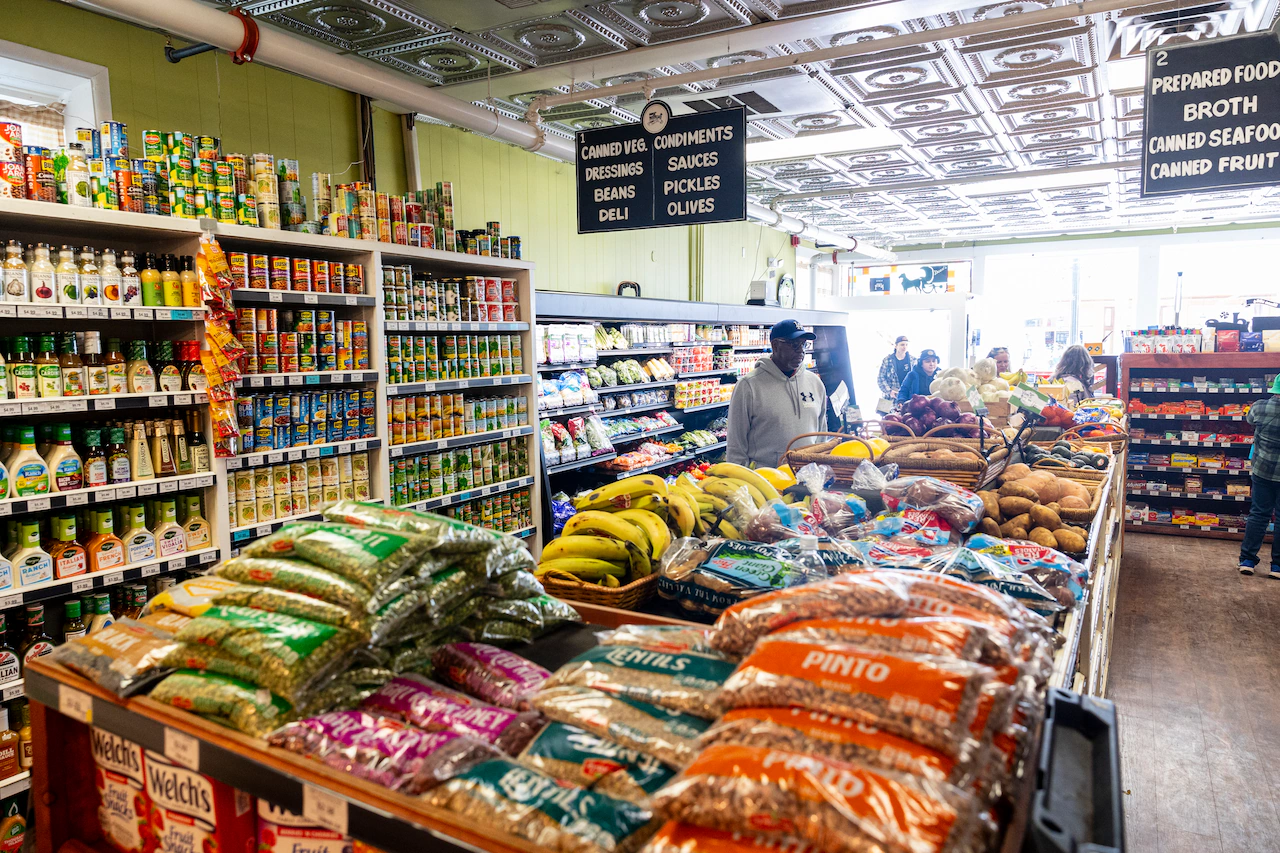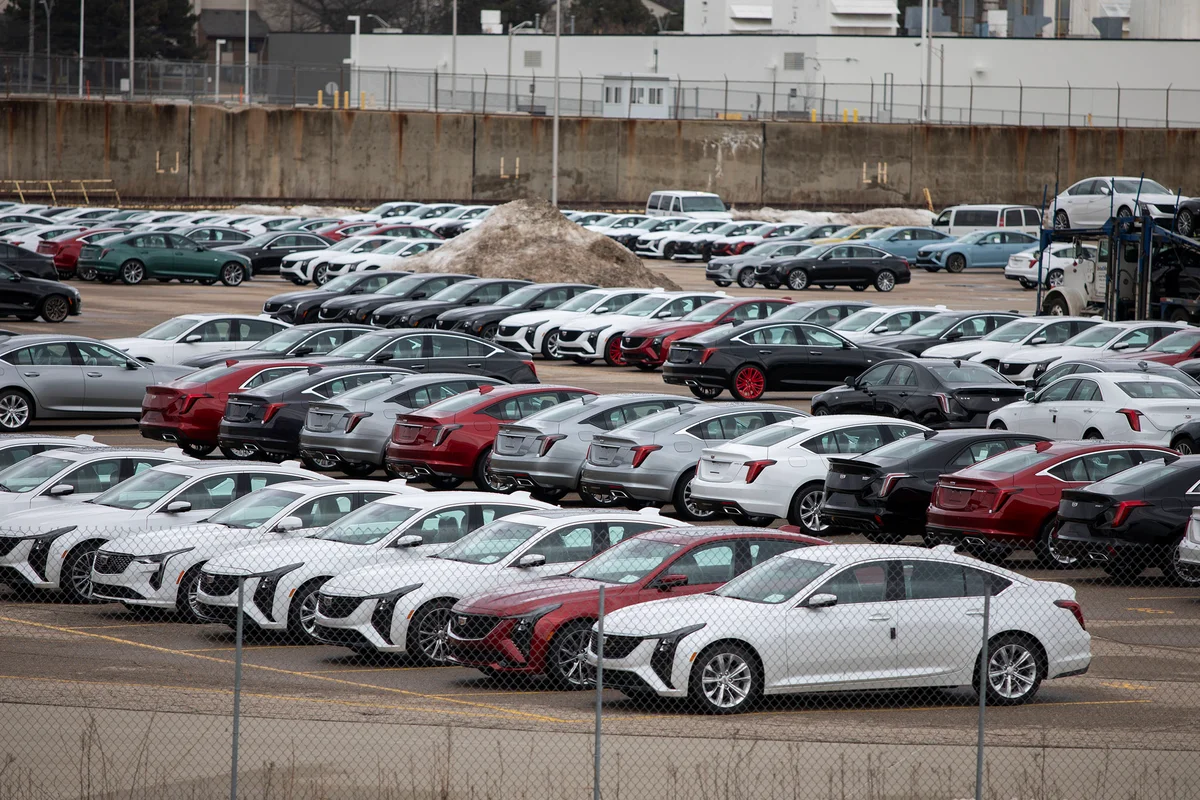Copyright M Live Michigan

DETROIT, MI – A new statewide poll from the Detroit Regional Chamber revealed that Michigan voters are split on the state’s economic outlook, concerned about cost-of-living increases and some are expecting a recession. The poll, conducted from Sept. 10-14, asked 600 registered Michigan voters about a range of topics, including cost of goods, the job market, the impact of tariffs and global trade policy and the potential role AI will play in the economy. The full poll can be viewed on the Detroit Regional Chamber website at this link. “There are warning signs throughout this poll that don’t bode well for business or Michigan’s economic outlook or competitiveness,” Sandy K. Baruah, DRC president and CEO, said in a statement. “Voters’ concerns appear to be catching up with the realities that Michigan is at a disproportionate economic risk due to much of what is occurring in the global economy, as many Michiganders’ livelihoods are tied to the automotive and manufacturing industry and trade with Canada. Michiganders are clearly becoming increasingly unsettled – across all political affiliations.” Economic takeaways Voters are split on whether Michigan’s economic direction, and their responses are influenced by their political affiliations. Approximately 42.4 percent of Michigan voters say the state’s economy is on the right track, while 42.8 percent of voters said otherwise. Nearly three-quarters of Michigan voters indicated in the poll that they are doing better or the same economically as they were a year ago. Under a third of voters (27.1 percent) say they are doing worse economically than a year ago. Economic concerns are fueled by inflation, according to a news release from the Detroit Regional Chamber. Of the 42.8 percent of voters who think the state’s economy is not going in the right direction, voters cite inflation, lack of good jobs and low wages as reasons for their vote, according to the release. Rising costs are impacting spending decisions, too, according to the results of the poll. Sixty-eight percent of voters say they are paying more for utilities, with more than half saying they are paying more for car and home insurance. Every demographic group reported to be spending more on groceries by a minimum of 63.4 percent, according to the release. More three quarters of voters say they are paying more for groceries and food compared to last year. 75.8% say they are paying more for groceries and food compared to last year. More than a third of voters (38.5 percent) believe an economic recession is on the horizon. Tariff and artificial intelligence takeaways More than half of the voters are opposed to increased tariffs (51.3 percent), while 40.8 percent of them are in favor. Michigan voters believe tariffs on Canada will be bad for the state’s economy, with 57.2 percent of them in opposition while just 19.2 percent are in favor. Approximately 12 percent of voters said tariffs on Canada would have no impact. Just under half of voters (47.5 percent) are using artificial intelligence in their work or professional lives, the poll found, while 50.8 percent of voters are not using it. AI use trends higher among those under 50, with college educations, and those in white collar careers, according to the release. Sixty-one percent of voters think artificial intelligence will mean fewer jobs in Michigan.



